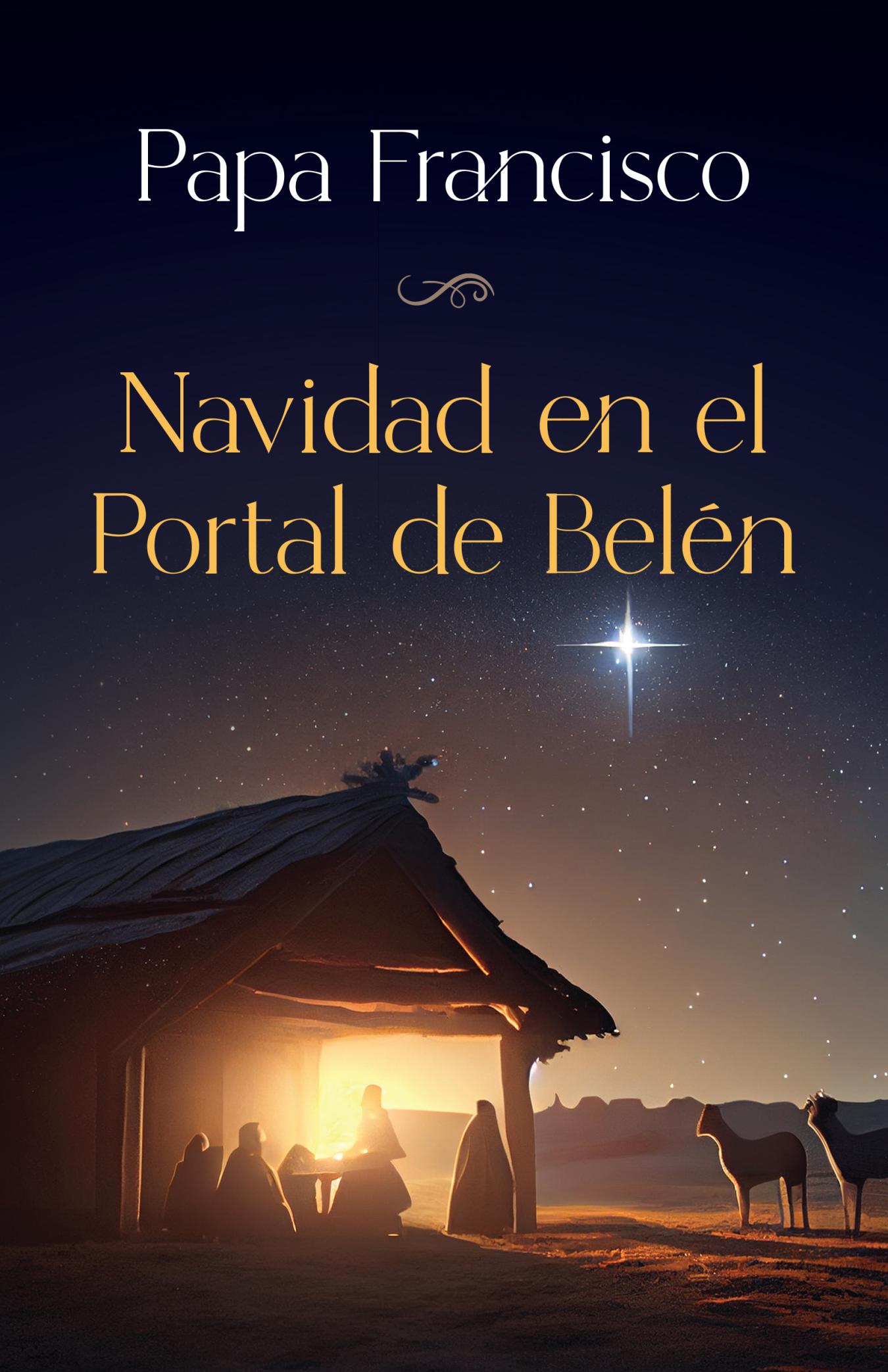The contribution of the Focolare Movement to the Synodal Journey

© Image by wirestock on Freepik
The editors here at Living City thought it might be of interest to our readers to present an overview of some of the specific ways in which Focolare is involved in the Church’s synodal journey. Personally, I continue to find this journey engaging and promising. It is clearly ground-breaking, particularly in two ways: the framing of the Synod as a process rather than an event, and the direct involvement of the laity in the synodal process itself.
The involvement of the laity took shape in the first phase of the synod from October 2021 to April 2022, during which time all Catholics were invited to contribute at the level of local churches, as well as at the level of other ecclesial bodies. Consequently, all members of the Focolare Movement—me included—were encouraged to take part in this phase along a two-tiered path: by engaging in the discernment of their local dioceses and parishes, and participating in the synodal discernment of the Focolare family worldwide.
My experience at the parish level revealed a desire on the part of those who attended to take on greater responsibility in the life of the parish, including its outreach ministries. At times the meetings became a platform for airing grievances, but with the clear intent of finding constructive solutions.
In order to coordinate its synodal process, the Focolare Movement struck a committee at the international level. It organized the communal reflection along five themes: Path and Mission; Word and Eucharist; Listening and Dialogue; Community Discernment in Decision Making; Specific Contribution of the Focolare Movement. The process was carried out by setting up smaller or larger conversation groups around the world, with a total participation of over 15,000 members.
One important aspect that was clear from the start for the group I participated in, is that synodality is not a synonym for democracy, but a process to be guided by the Holy Spirit—a process that requires participants to love one another as Jesus commanded. Without this as the premise, we felt that synodality cannot be fully lived out.
As was the case with every other conversation group everywhere, the results of our reflections were sent to the international committee. It gathered the feedback and prepared a document for submission to the Secretariat of the Synod. The document was organized along the five themes listed above. Here are some of the highlights:
Under Path and Mission, the document emphasized that “walking together” is a core characteristic of the spirituality of unity, that impels us toward an experience of openness to all.
At the same time, the responses pointed out that we run the risk of looking at others through glasses that are tinted with ideas that are rigid and predefined. In some areas of the world, the participants pointed to the de facto exclusion of those with a certain sexual orientation, for instance. Others shared a concern about the risk of self-exclusion from the reality of society when members remain committed only within the activities of the Movement.
Under Word and Eucharist, participants focused on the essential value of sharing in the Eucharist and also sharing in the Word by communicating our experiences of living the Word. This requires active listening, welcoming the other’s experience with empathy and kindness.
“Listening is learned by listening” could summarize the responses to the theme of Listening and Dialogue. Participants identified some barriers to dialogue, such as a culture of suspicion, lack of humility, judging by appearances, cultural and other prejudices, closed minds, fundamentalism, clericalism. “Other obstacles are any lack of mercy, respect, attention, welcome, parrhesia, humility, courage, clarity, empathy, silence, availability, or esteem.”
Responses also acknowledged the need to grow in the ability to share our vulnerabilities. There isn’t always a safe space where to dialogue about everyday issues such as politics, race or gender.
Community Discernment in Decision Making highlighted the fact that there has been a considerable change in how the exercise of authority is understood and practiced both in the Movement and in the Church, but there is still work to be done, especially in the area of formation.
Synodality is not a synonym for democracy, but a process to be guided by the Holy Spirit —a process that requires participants to love one another as Jesus commanded.
Reflection on the Specific Contribution of the Focolare Movement concluded that “the Movement’s most important contribution to a synodal Church is living and strengthening the practice of the spirituality of communion.” This contribution is expressed by promoting dialogue within the Catholic Church and among Christians of various Churches, an experience that also enriches one’s own Church. Dialogue with faithful of other religious traditions has also proven fruitful and enriching. Finally, dialogue based on genuine human values is also possible with people without religious convictions, who share the desire for a more united world.













